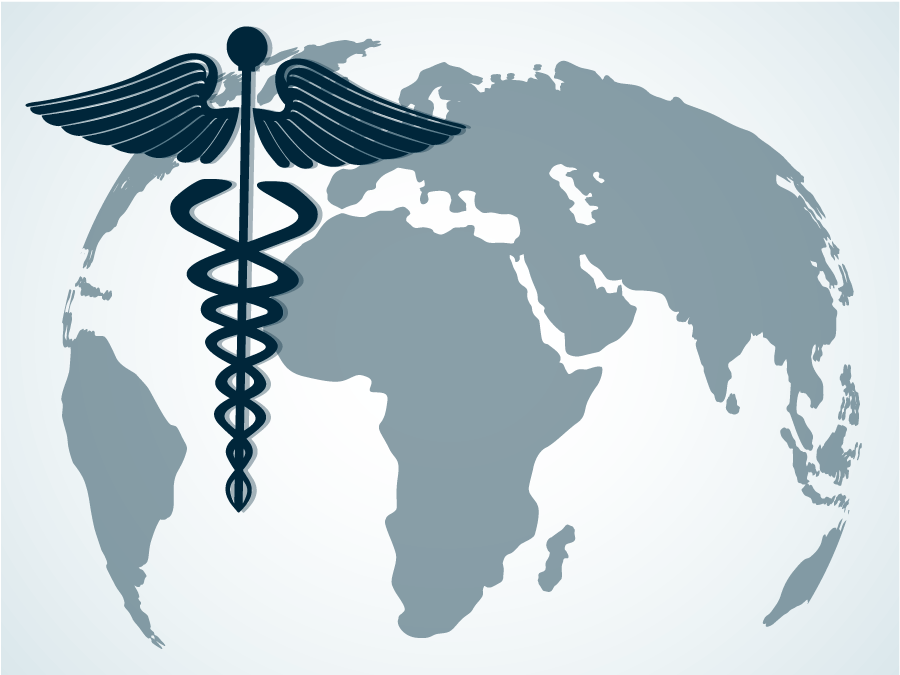
Ensuring reproductive health in the world’s poorest countries requires knowing which women lack access to health resources and why. To address these urgent questions, the Institute for Social Research and Data Innovation (ISRDI) at the University of Minnesota has created IPUMS PMA, with support from the Bill & Melinda Gates Foundation. IPUMS PMA provides reliable, high quality, and comprehensible data on family planning topics to researchers and policymakers. Now a new $2 million grant from the foundation not only extends IPUMS PMA to include longitudinal data, but also supports a new Performance Monitoring for Action (PMA) Data Analysis Hub, where ISRDI’s unique strengths in spatial and comparative expertise will be devoted to improving women’s health through the use of IPUMS PMA data.
The brand-new PMA Data Analysis Hub will make the data accessible to all, from resource-strapped students to the most sophisticated data scientists. Analysts at the Data Analysis Hub will provide models of research that take full advantage of the possibilities of the IPUMS PMA data. They will share their expertise through free instructional resources, information, and user support. For expert users, the project will provide new coding tools (API) and other resources for data applications. Another goal of the IPUMS PMA Data Analysis hub is to ensure the data are accessible and user friendly, particularly for researchers residing in the African and Asian countries participating in PMA, where policy makers have identified a pressing need to improve the state of reproductive health.
“IPUMS PMA and the new PMA Data Analysis Hub tools will unlock the potential for numerous new and independent research projects to improve women’s health,” says Professor Elizabeth Heger Boyle, the Principal Investigator on the project.
Associate Professor Kathryn Grace, who will oversee ISRDI research at the PMA Data Analysis Hub adds, “The PMA Data Analysis Hub is designed to support creative and rigorous research through diverse and interdisciplinary approaches to questions of reproductive health. Building on, and expanding the existing strengths found in ISRDI, the Hub will generate insightful and accessible research and training materials employing leading edge data from IPUMS PMA.”
All of this work is being done in conjunction with our collaborators at PMA, Johns Hopkins Bloomberg School of Public Health, and is made possible by funding from the Bill & Melinda Gates Foundation.
IPUMS and ISRDI provide the world’s largest accessible database of census and survey data. By using machine learning and expert data scientists, we are making data accessible and usable for all.